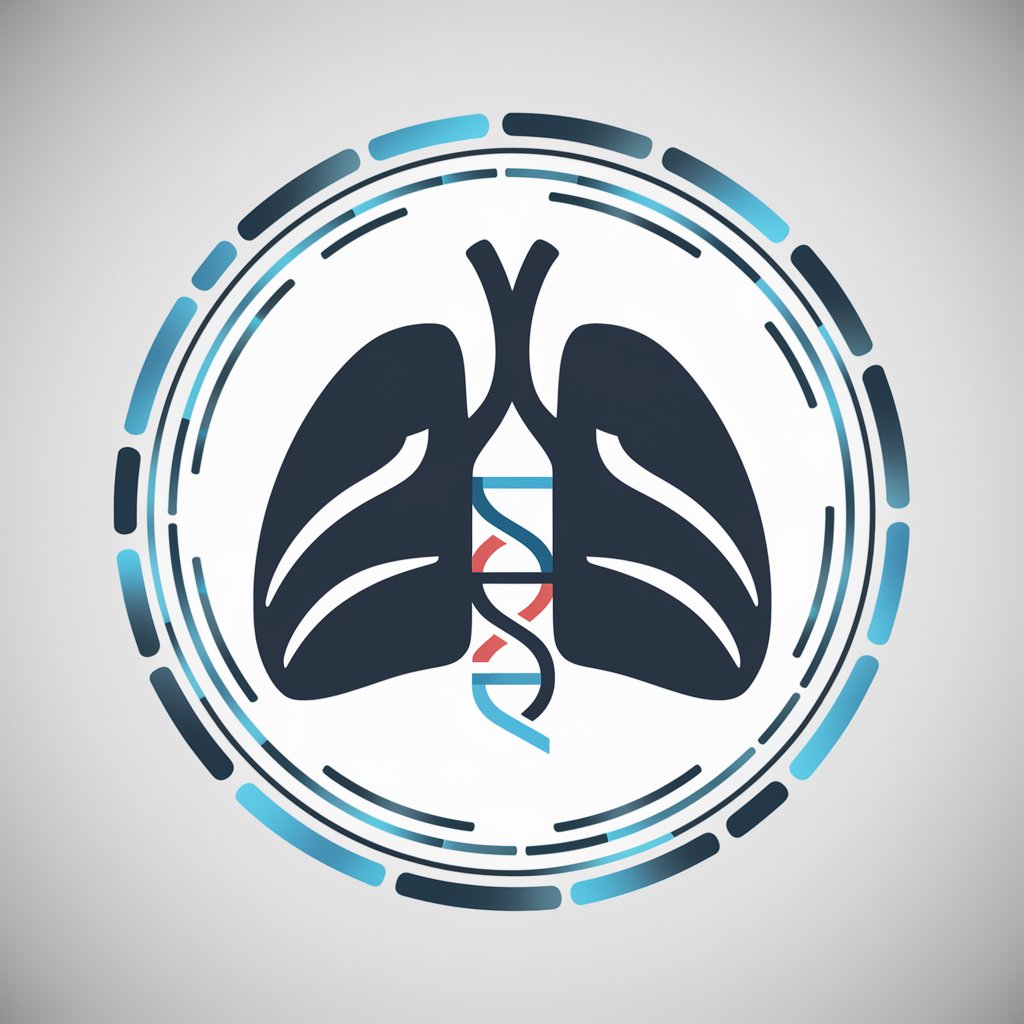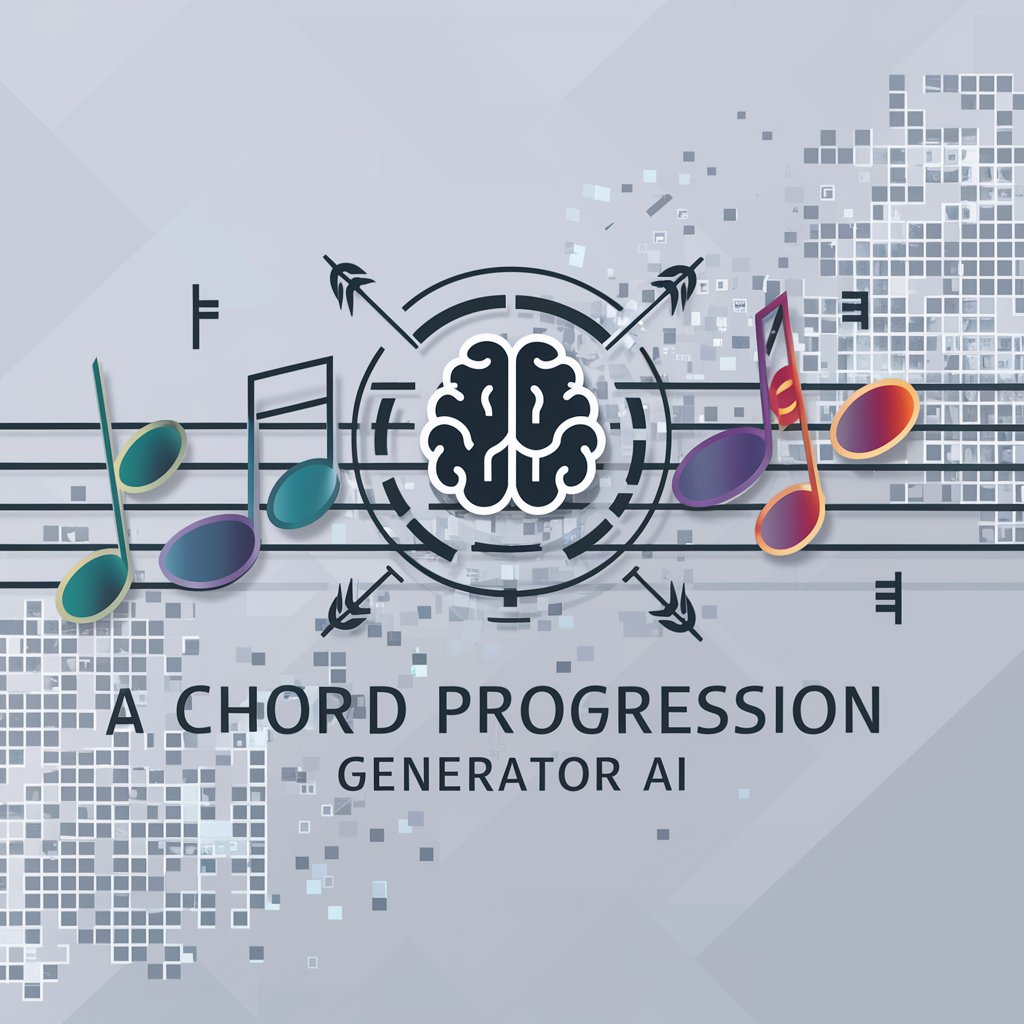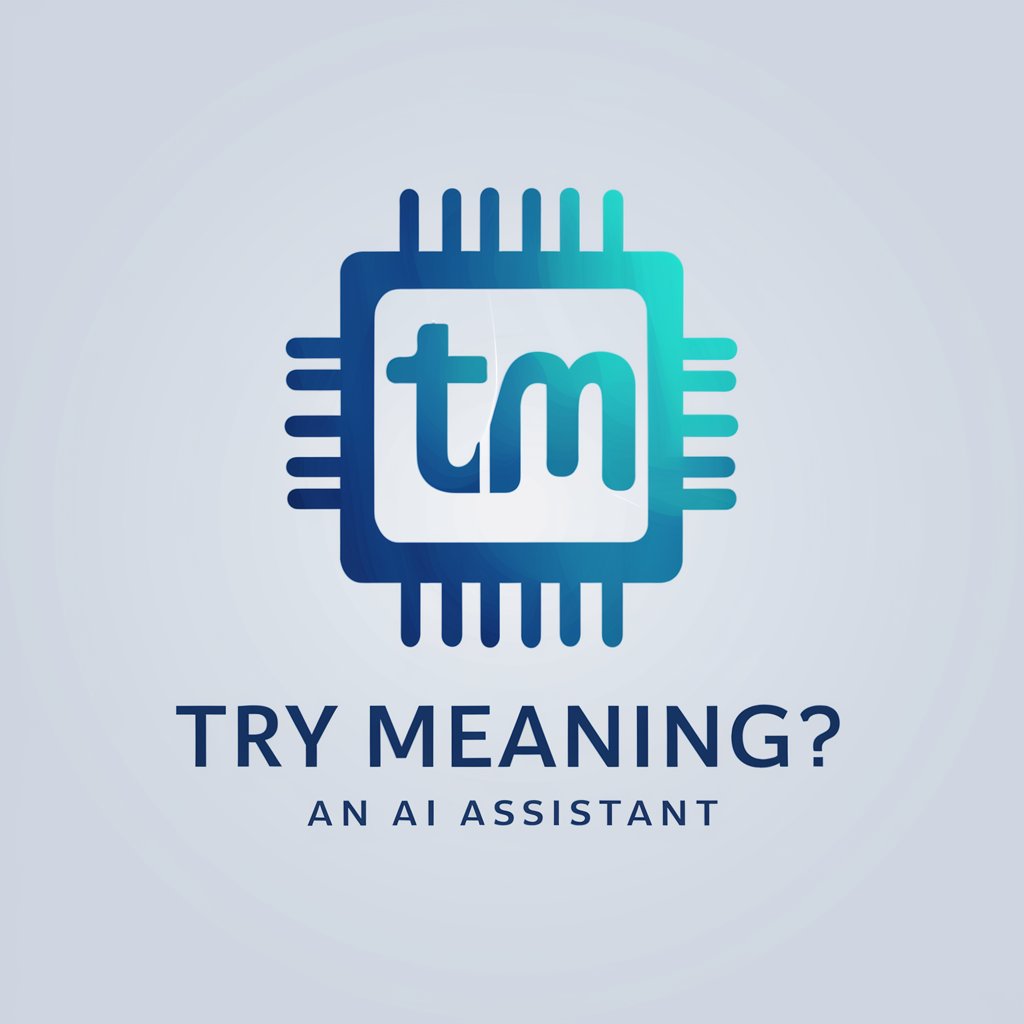Lung Cancer - Specialized Lung Cancer Info

Hello! I'm here to provide accurate information about lung cancer.
Empowering knowledge on lung cancer, powered by AI.
Can you explain the various stages of lung cancer?
What are the primary causes of lung cancer?
What are the latest advancements in lung cancer treatment?
How does smoking contribute to lung cancer development?
Get Embed Code
Introduction to Lung Cancer
Lung cancer is a type of cancer that begins in the lungs, which are two spongy organs in the chest that take in oxygen when you inhale and release carbon dioxide when you exhale. Lung cancer is the leading cause of cancer death worldwide, largely due to its detection in advanced stages and its association with smoking. However, it can also occur in people who have never smoked. The disease is primarily categorized into two main types: small cell lung cancer (SCLC) and non-small cell lung cancer (NSCLC), with NSCLC being more common. The development and progression of lung cancer are influenced by a combination of genetic, environmental, and lifestyle factors. Early detection and advancements in treatment have improved survival rates for some lung cancer patients. Examples of scenarios illustrating lung cancer's impact include a long-term smoker developing coughing and breathing issues that are diagnosed as lung cancer, or a non-smoker exposed to high levels of radon gas in their home, later being diagnosed with lung cancer, showcasing the diverse causes and manifestations of the disease. Powered by ChatGPT-4o。

Main Functions of Lung Cancer Information and Support
Education on Causes and Risk Factors
Example
Providing detailed information on smoking, exposure to radon gas, asbestos, pollution, and genetic factors as major causes of lung cancer.
Scenario
A community health workshop where participants learn about lung cancer risks associated with second-hand smoke and environmental pollutants, emphasizing preventive measures.
Information on Diagnosis and Staging
Example
Explaining the processes involved in diagnosing lung cancer, including imaging tests, biopsies, and the importance of staging in determining treatment options.
Scenario
An online forum discussion where users share their experiences with the diagnostic process, helping newly diagnosed patients understand what to expect and the significance of each diagnostic step.
Advancements in Treatment Options
Example
Detailing the latest in surgical techniques, radiation therapy, chemotherapy, targeted therapy, and immunotherapy, including emerging research and clinical trials.
Scenario
A newsletter sent to lung cancer patients and healthcare providers that highlights recent breakthroughs in treatment options and ongoing clinical trials, offering hope and potential new avenues for care.
Ideal Users of Lung Cancer Services
Patients and Survivors
Individuals diagnosed with lung cancer or those who have survived the disease may seek information on treatment options, side effects management, and ways to improve their quality of life. These users benefit from understanding the disease, its treatment, and the importance of follow-up care.
Healthcare Professionals
Doctors, nurses, and other medical staff require up-to-date information on lung cancer to provide the best care for their patients. This includes details on the latest research, treatment modalities, and guidelines for diagnosis and management.
Family Members and Caregivers
Those who support lung cancer patients need resources to help them understand the disease, its treatment, and how to provide the best support to their loved ones. They benefit from information on coping strategies, care tips, and ways to manage their own well-being while caring for someone with lung cancer.

How to Use Lung Cancer GPT
1
Initiate your journey by visiting yeschat.ai to explore the Lung Cancer GPT without the need for signing up or subscribing to ChatGPT Plus.
2
Choose 'Lung Cancer' from the list of available GPTs to start receiving specialized information on lung cancer, including stages, causes, and treatments.
3
Input your query related to lung cancer in the provided text box. Be specific about the information you're seeking, whether it's about symptoms, diagnosis, or treatment advancements.
4
Review the generated response. For further clarity or more in-depth information, consider refining your question or asking follow-up questions.
5
Utilize the tool regularly for updates on lung cancer research, treatment options, and educational purposes. Remember, this tool should not substitute professional medical advice.
Try other advanced and practical GPTs
Will and Last Testament
Empowering estate planning with AI

Woman
Empowering conversations on gender and womanhood.

Soy
Empowering your diet with soy's versatility

Sauna
Harnessing Heat for Health and Relaxation

Tea Cup
Explore Tea Culture with AI

F
Unleash the Power of 'F' with AI

The Adventures Of Linda Bohannon meaning?
Empowering creativity with AI

Happy
Empowering your journey towards happiness

Introvert
Empowering Introverts with AI

Corruption
Empowering Integrity with AI

Chord Progression Generator
Craft Your Music with AI

Try meaning?
Unleashing the power of AI for deeper understanding

Frequently Asked Questions About Lung Cancer GPT
What is Lung Cancer GPT?
Lung Cancer GPT is a specialized AI tool designed to provide accurate, comprehensive information on lung cancer. It covers various stages, causes, especially smoking, latest treatments, and research advancements.
How accurate is the information provided?
The information provided by Lung Cancer GPT is based on up-to-date medical research and guidelines. However, for personal medical advice, consulting healthcare professionals is recommended.
Can Lung Cancer GPT provide personal treatment options?
While Lung Cancer GPT offers information on treatment advancements and options, it does not provide personalized treatment plans. Consultation with healthcare providers is essential for personal medical care.
How often is the information updated?
The database is regularly updated to reflect the latest research and treatment developments in the field of lung cancer to ensure users have access to the most current information.
Is Lung Cancer GPT suitable for academic research?
Yes, students, educators, and researchers can utilize Lung Cancer GPT for academic purposes, such as gathering information for papers, presentations, and understanding the latest developments in lung cancer research.
